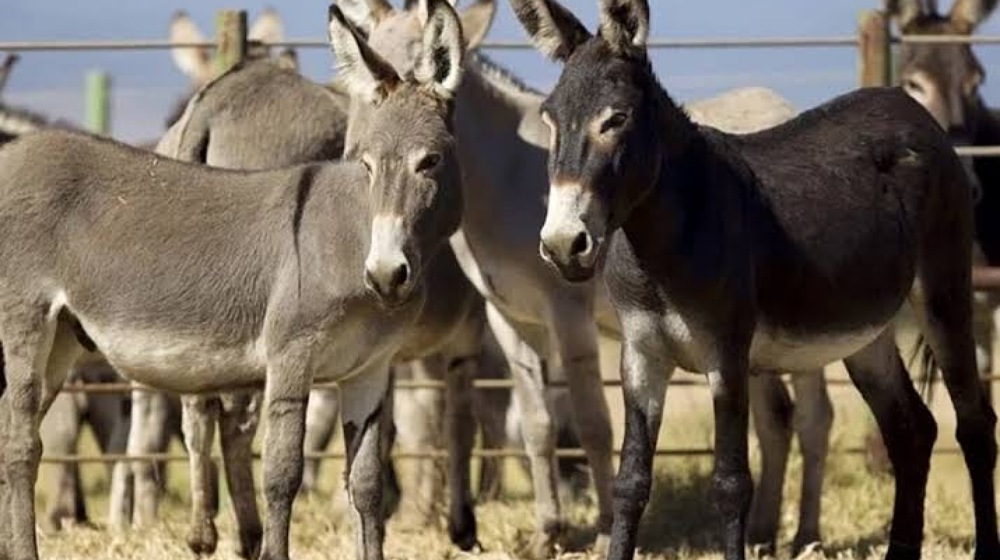China Pakistan Donkey Industry Development Forum was a hero in Islamabad today to create opportunities “under this topic”, win the future together. “
The forum was hosted in Pakistan at the China Chamber of Commerce and the Sanghiang Industrial (Beijing) Group Company, Ltd., which led the People’s Republic of China’s Embassy and the Pakistan Ministry of National Food Security and Research. It collected the participants’ ages, including government officials, researchers, business leaders and scholars from both countries, to find modern and sustainable ways for industry growth.
Launching the forum, senior officials of the two governments emphasized the strategic importance of the donkey industry in solving market needs and promoting special livestock farming.
Prominent speakers included Amar Mohi -ud -Din, secretary of the National Food Security and Research Ministry of Pakistan, Charag de Affairs at the Chinese Embassy in Islamabad, and Wang Hoho, chairman of the China Chamber of Commerce in Pokistan. Their remarks emphasize the need to make the standard, scale, and industrialization of the sector to ensure long -term and mutual benefits.
The forum offers a series of sessions headed by experts and experts who have been researching donkey growth, protection of genetic resources, and value -added use of products by donkey. Discussions also discovered supply chain digitalization and modern branding strategies to enhance market competitiveness. Participants highlighted technological innovation, smart growth techniques and sustainable methods to improve efficiency and enhance the industry.
In its remarks, Shi Yuaniang noted that cooperation in the donkey industry could act as a new pillars of economic partnership between China and Pakistan. He describes this forum as a step towards agricultural modernization and rural development, which is associated with the wider development goals of both countries.
To promote transparency and moral methods, Pakistan’s Ministry of National Food Security and Research has issued a policy statement on export rules, industry monitoring, and measures to prevent illegal slaughter and smuggling. The China Chamber of Commerce in Pakistan also issued a donkey industry self -regulation, promising to maintain local laws, respect cultural and religious values and support social development.
The forum also saw a number of cooperation agreements, including the letter of intentions between the Pakistan Agricultural Research Council (PARC) and the Sanghiang Industrial (Beijing) group, and a memorandum of understanding for the establishment of the China -Pakistan joint donkey industry. Further MUS included Cholistan University of Veterinary and Animal Sciences and various partners of the Chinese industry.
Singh Yang Industrial CEO One Ming presented the company’s roadmap to develop Pakistan’s donkey sector through a contract farming model. He expressed the hope that under the guidance of the Chinese Embassy and in partnership with Pakistani institutions, this industry could become a high quality and environmentally friendly component of the national economy.
Providing key addresses, Professor Zheng Shaning of China Agricultural University emphasized the importance of data -powered decision -making, modern breeding programs, and the integration of new technologies to promote productivity and competitiveness. He described the technical innovation in this sector as the basis for sustainable development.
The forum ended with a strong sense of joint commitment to deepen agricultural cooperation from both countries. Participants agreed to strengthen the dialogue, create consensus, and jointly do technical and business innovation. He emphasized that these efforts can play a significant role in rural prosperity, improve the livelihood of Pakistani farmers, and meet the growing demand for sustainable livestock products in both domestic and international markets.

